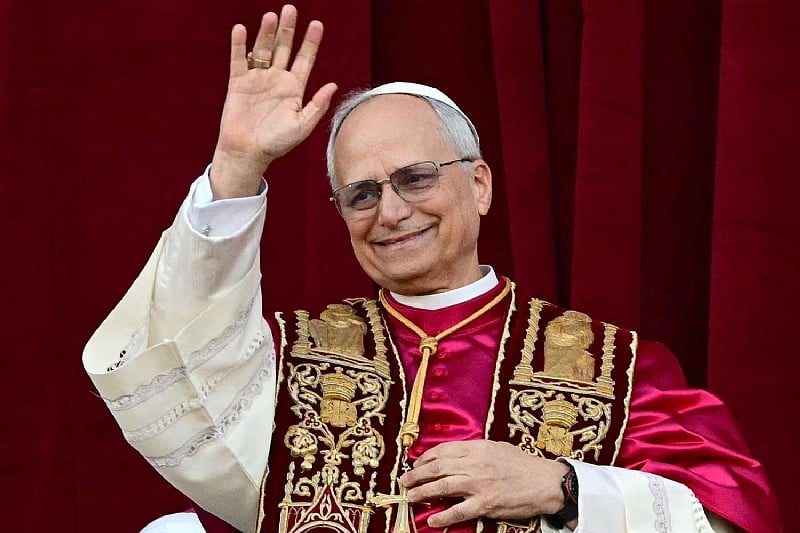White smoke billowed above the Sistine Chapel on the evening of May 8, 2025, and the ancient cry rang out across St. Peter’s Square: Habemus Papam! The Catholic Church has a new pope, and this time, he’s American. Cardinal Robert Francis Prevost, born in Chicago in 1955, has been elected the 266th successor of St. Peter, taking the name Pope Leo XIV. With that, he steps into the pages of history as the first pontiff from the United States, an unprecedented moment for a 2,000-year-old institution that is, at once, deeply traditional and perpetually evolving.
His path to the papacy is anything but ordinary. Once a missionary in the gritty parishes of Peru, Prevost’s rise took him from the barrios of Chiclayo to the administrative halls of the Vatican, where he became a key voice in bishop appointments around the globe. Fluent in Spanish and shaped by years in Latin America, he represents a blend of pastoral experience and doctrinal orthodoxy, a bridge between the Church’s old centers of power and its rising Global South.
His election comes at a critical juncture. The Church faces waning influence in the West, growing secularism, and increasing polarization, even within its own pews. At the same time, Catholicism is booming in Africa, Asia, and Latin America. Many had hoped the conclave would turn to Africa, where candidates like Cardinal Ambongo of Congo and Cardinal Turkson of Ghana symbolized the faith’s demographic future. But the cardinals instead chose a man with global sensibility, American by birth, but missionary at heart.
The choice of the name Leo is rich with symbolism. It could evoke Pope Leo I, the “Great,” who defended Rome during times of chaos, or Leo XIII, known for his advocacy for workers and his engagement with modernity. In either case, it signals a pontificate that may blend doctrinal firmness with a pastoral touch, someone who respects tradition but understands the need to speak to the modern world.
Pope Francis, his predecessor, reshaped the papacy with bold reforms and a focus on mercy. Now the question looms: Will Leo XIV double down on that path, or carve a new one? Early signs point to a Pope who values clarity, unity, and global inclusion, but one who also carries the discipline of a canon lawyer and the realism of someone who’s seen the Church’s struggles on the ground.
And for Africa, the hope endures. Though the center of Catholic gravity has long been shifting southward, the top job remains in Western hands. Still, with explosive growth in cities like Lagos, Kinshasa, and Nairobi, few doubt that an African pope is a matter of when, not if.
For now, the world is watching. Pope Leo XIV’s first homily, his first encyclical, and his first gestures will all be analyzed for clues about his vision. A Chicago-born priest with a Latin American heart. The Church has its shepherd, and for the first time in history, he’s American.


